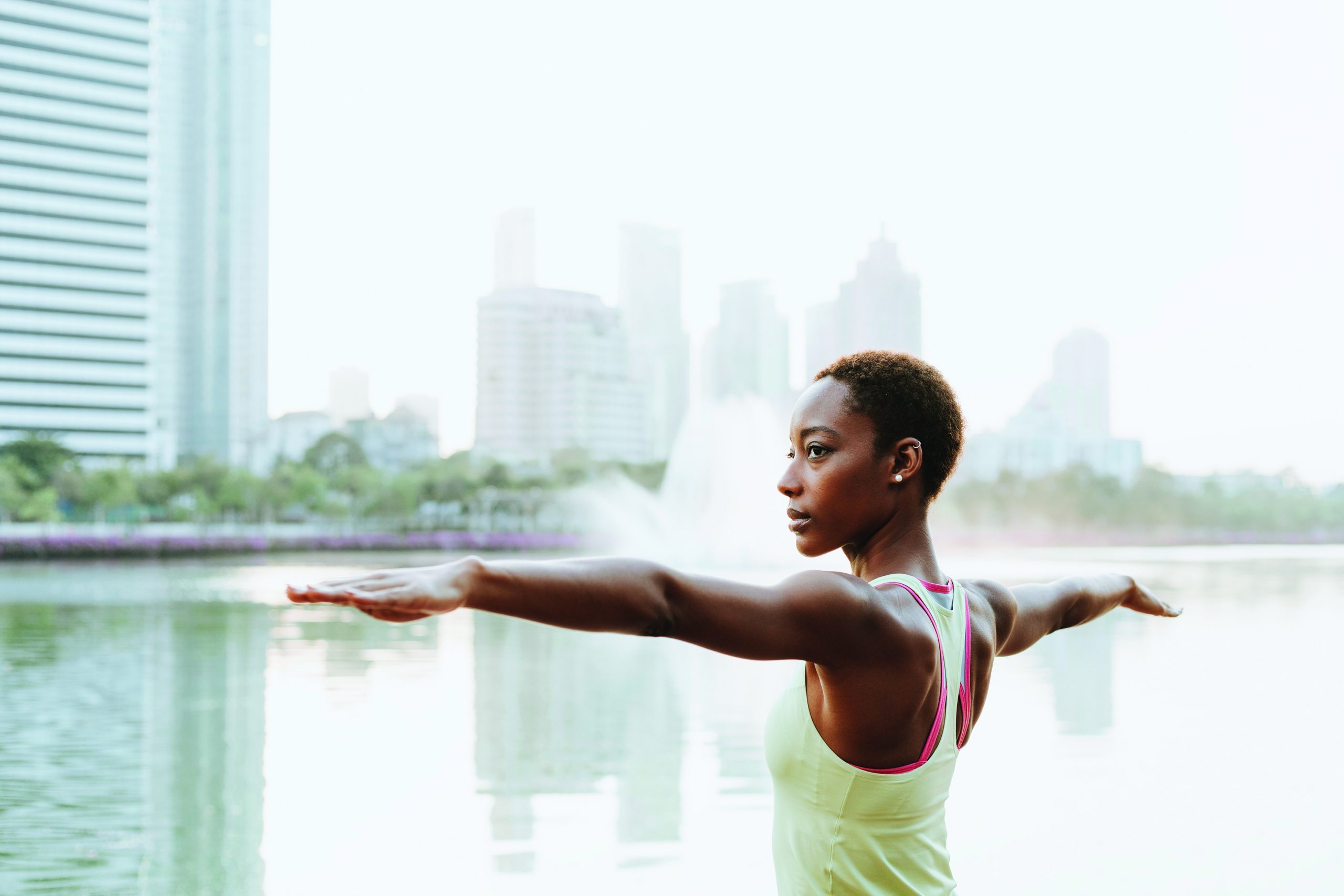Take time out to balance your wellbeing by incorporating meditation and mindfulness into your everyday routine.
With everything that’s going on in the world at the moment, it’s important to still take time out to relax and practice some self-care. If we’re not caring for ourselves first and foremost, we aren’t going to be much good to others, we’re unlikely to be operating to our full potential and at some point, we will reach burnout.
That is why many of us can benefit from a combination of meditation and mindfulness, forms of therapy which are wonderful for supporting our mind, body and soul. Benefits from the practice of both includes lowering stress levels, easing anxiety, promoting better sleep, not to mention helping with focus and concentration. It can also support your wellbeing generally, promoting feelings of calm and relaxation, and the ability to push negative thoughts away.
The basics
Some of the earliest written records of meditation come from the Hindu traditions of Vedantism, which is one of the prominent schools of Hindu philosophy.
The premise of meditation and mindfulness, which are very much intertwined, will see you learn to focus your mind on a particular object or thought and over time, you will learn to achieve a mentally clear and emotionally calm state.
The good news with meditation is that you need not dedicate hours to it every day – as little as 10 minutes each day can really help you to gain benefit from it.
And as the charity, Mind, explains, you will learn to spot how thoughts come and go in your mind, to notice what your body is telling you and create space between you and your thoughts so you can react more calmly.
Learning to practice
Like any form of exercise – gentle or intense, physical or mental – meditation and mindfulness take practice to gain the most from it. So, how should you get started?
The most important aspect is finding a place you can do it where you can be calm and comfortable and really focus as without that, you won’t be able to benefit. You will need to learn good posture, keeping your back straight, and often cross legged, although this isn’t a must. These steps will help you develop a clear mind, allowing your energy to flow freely.
And then you need to focus on your breathing, first becoming aware of your thoughts and then controlling those so that they don’t distract you. Think about your breathing, be aware as you breathe in and out, and with your inhalations, try to calm the mind.
The best place to start with meditation and mindfulness is to download one of the many free apps that are now available, such as Headspace, or ask your local health food store; they will very likely have links with local therapists who teach it so you could take yourself along to a class. Once you know the basics, you can practice when you like, wherever you are.












About Naturally Good Health
Naturally Good Health is Ireland's leading free natural health magazine. Pick it up from your local independent health store or read free online.